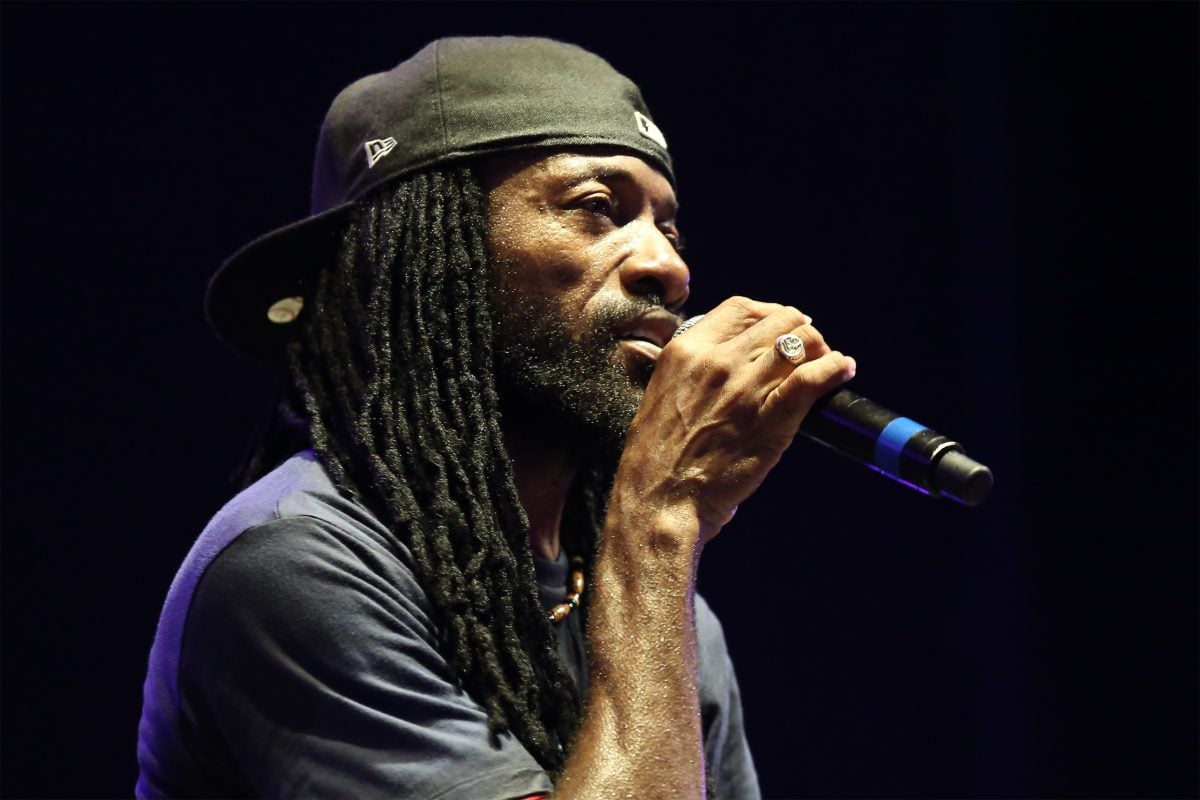Throwback Thursday: Junior Kelly’s ‘Love So Nice’

Not many tunes capture the zeitgeist of the year 1999, quite like Junior Kelly’s timeless masterpiece, Love So Nice. The track, which is buoyed by an instrumental sample of Bob Marley and the Wailers’ Stir It Up, is a textbook demonstration of compelling and engaging storytelling.
It documents Kelly’s interrogation of his position in the life of the woman he loves. It ultimately functions as a tale of unrequited love, and it at points sees Kelly wading in the ambivalence concerning his future in the relationship. He dances between those complex feelings of indecisiveness, building up his resolve to leave, before ultimately accepting the idea that the woman loves him equally. It’s just that, for Kelly, it “hurts so bad.”
Kelly, who wrote the song while working a regular job in Boston, was so confident in its potential that he returned to Jamaica to have it produced.
“When me write Love So Nice, me say, ‘you have to go home now’. Me say, ‘this is it’,” he told the Gleaner. “When I came back, I start hunting [for a producer]. The same thing what I was doing from before I left for Boston. I started doing music from I was 13 and did not get the break until I was 30.”
He settled on Michael Stanford, and the song was recorded at Anchor Studios.
Love So Nice resonated with listeners at the turn of the new millennium, and it topped two major charts in Jamaica, and in several Caribbean countries, according to the artist. The success drew the ears of VP Records, which commissioned an album of the same name with Kelly.
So impactful was Love So Nice that Kelly could not escape its reach, even when he wanted to.
In 2016, while promoting his tenth studio album – Urban Poet, he disclosed in an interview with veteran entertainment journalist Winford Williams that the track was undoubtedly his most popular.
“It’s still the biggest. It’s still the most-sought-after by everybody. If I go on stage, I have to sing it,” he said. “People are going to be disappointed if I don’t. I have some really hardcore fans… dem want to hear that. It’s more than an anthem for them. At the time in their lives, it’s as if they were going through the exact thing that the song was depicting.”
Kelly followed up with more hits, including Sunshine (2001), Hungry Days (2001), Boom Draw (2001), Baby Can We Meet (2002), and Rasta Should Be Deeper (2005).
In 2021, he explained in an interview with the Jamaica Observer that he was a lover of all music – and that has been the secret to his unparalleled commitment to the craft.
He said then: “I listen to all genres of music, as I am a lover of music in general and don’t just listen to reggae. So, I stay in touch with what’s happening on a global scale in terms of new sounds, styles and I always try to reinvent myself and not be comfortable with the same sound. I always try to change it up a bit, so when putting together an EP or an album there is no monotony; you always get a different side of Junior Kelly on every track.”
“Even though I never set out to write a hit song, it is the emotion I feel at the time of creating, my surroundings, and the rhythm that inspires and drives the lyrical content. A lot of times, though, as great as a song may be, if the song is not heard by the masses because of a lack of resources to do proper marketing and promotions, it will not achieve its full potential — and this happens mainly when the artiste and the producer are not on the same page.”
